All you want to know about CBD?
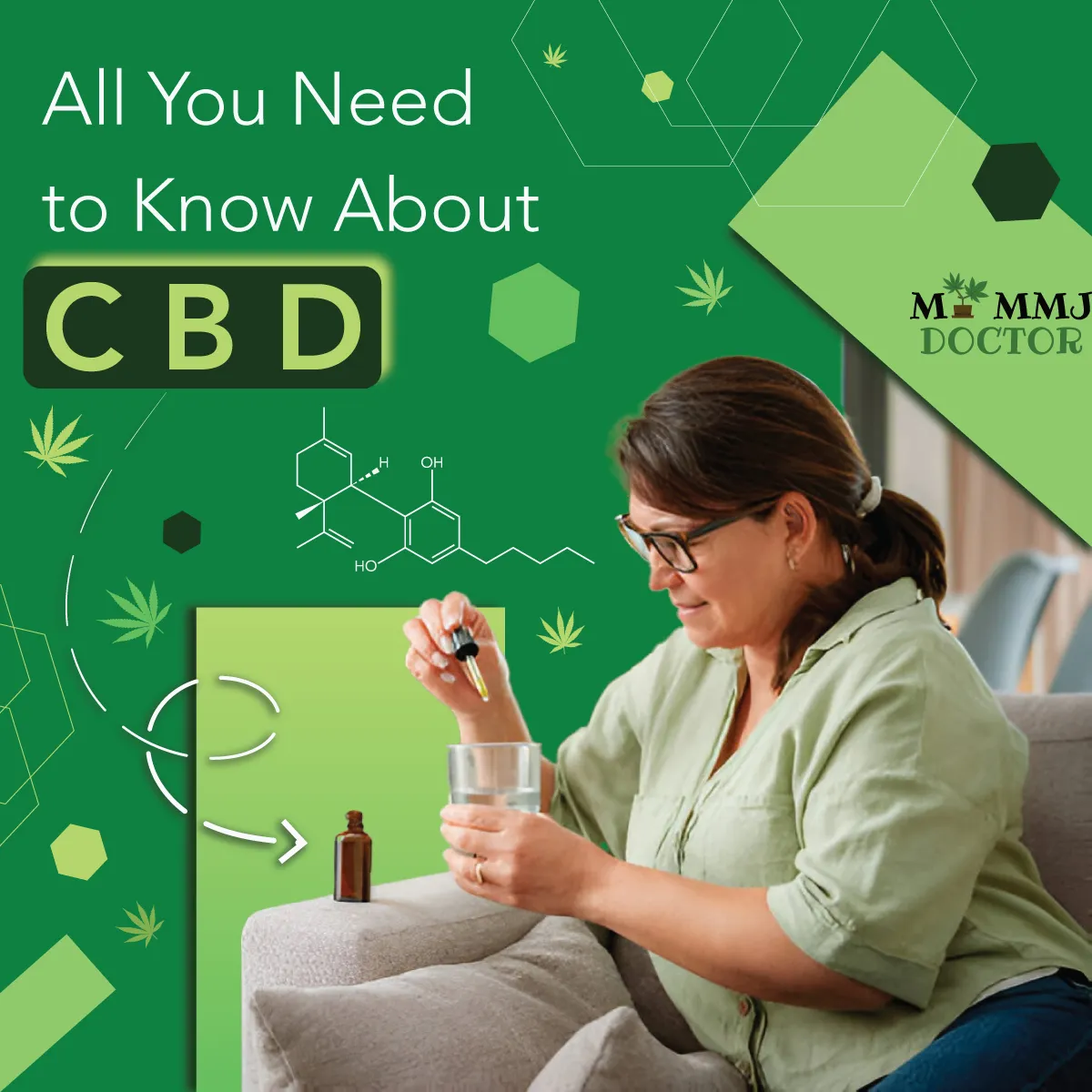
CBD has taken the wellness world by storm, offering a natural alternative for pain relief, stress management, and more. Whether you’re curious about its benefits, legality, or the best way to use it, understanding how CBD works can help you make informed decisions. With increasing research and widespread availability, CBD has become a go-to for those seeking therapeutic effects without the intoxicating high of THC. But is it right for you? Let’s explore everything you need to know about CBD, from its potential benefits to safety considerations.
Key Points:
- CBD is a non-psychoactive compound found in cannabis and hemp.
- It interacts with the body’s endocannabinoid system (ECS) to influence mood, pain, and immune response.
- CBD is available in multiple forms, including oils, edibles, topicals, and vapes.
- Research suggests potential benefits for pain relief, anxiety, epilepsy, and inflammation.
- Legal status varies by state; hemp-derived CBD with less than 0.3% THC is federally legal.
What is CBD?
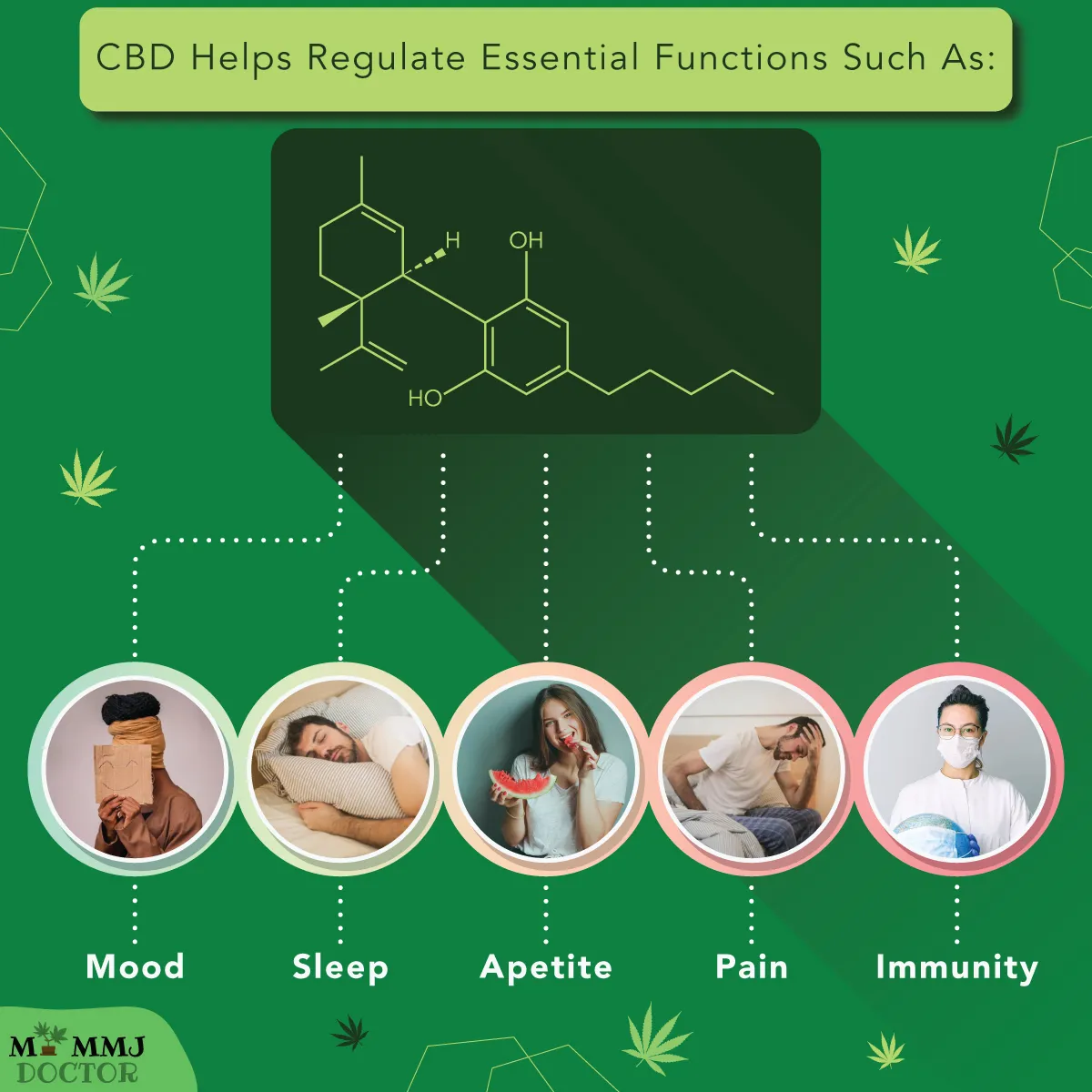
What does CBD do and How does it work?
CBD helps regulate essential functions such as:-
- Mood – Promotes emotional balance and reduces anxiety.
- Sleep – Enhances sleep quality and relaxation.
- Appetite – Supports hunger and metabolism.
- Pain – Reduces discomfort and inflammation.
- Immunity – Modulates inflammation and boosts wellness.
Scientists are still uncovering the full extent of how CBD interacts with the body, but existing research suggests it influences multiple biological pathways.
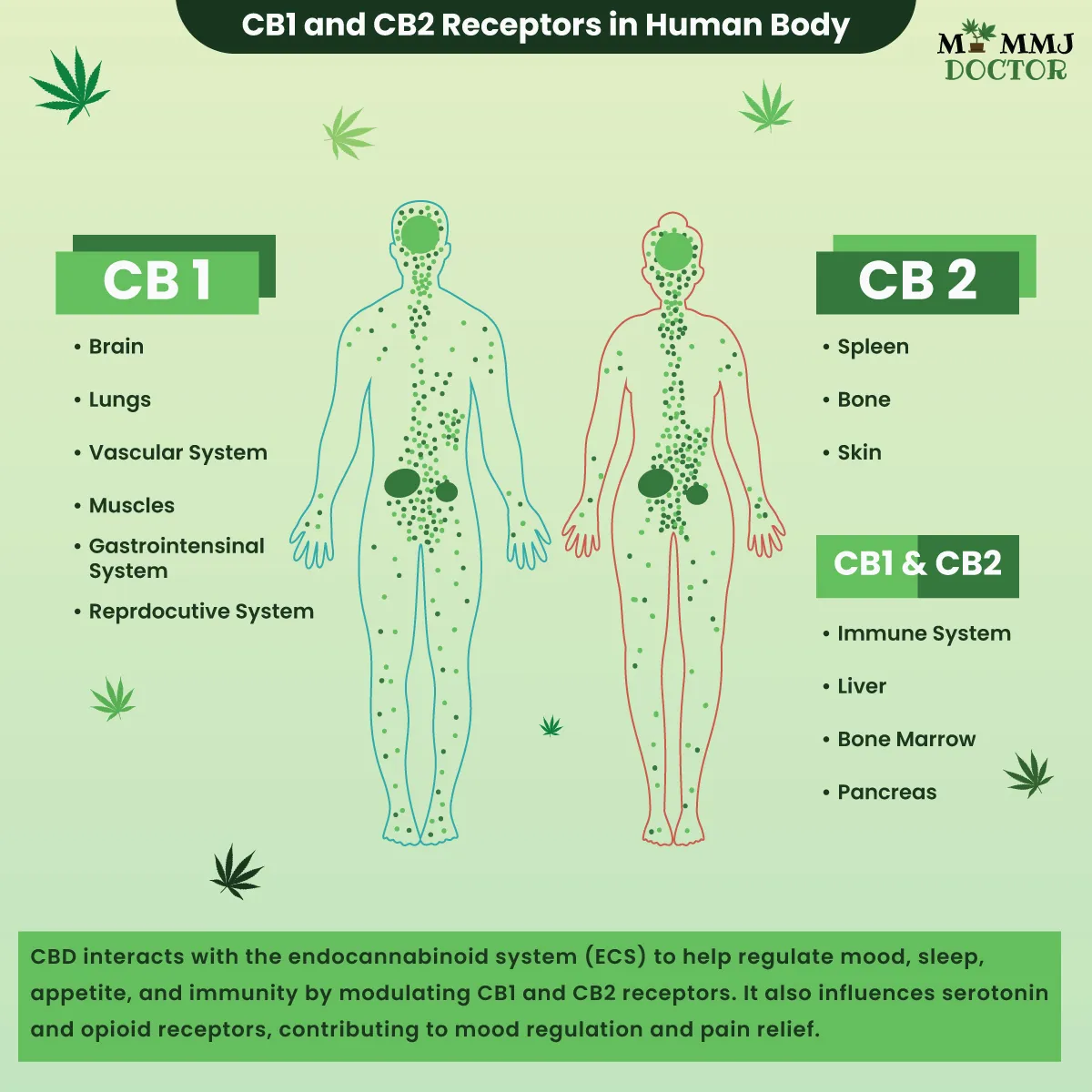
CBD and the Endocannabinoid System (ECS):
CBD’s Influence on Other Receptors:
CBD and Metabolic Regulation Through PPARs:
While ongoing studies continue to explore the precise mechanisms of CBD, its ability to interact with multiple receptor systems makes it a promising compound for various health benefits.
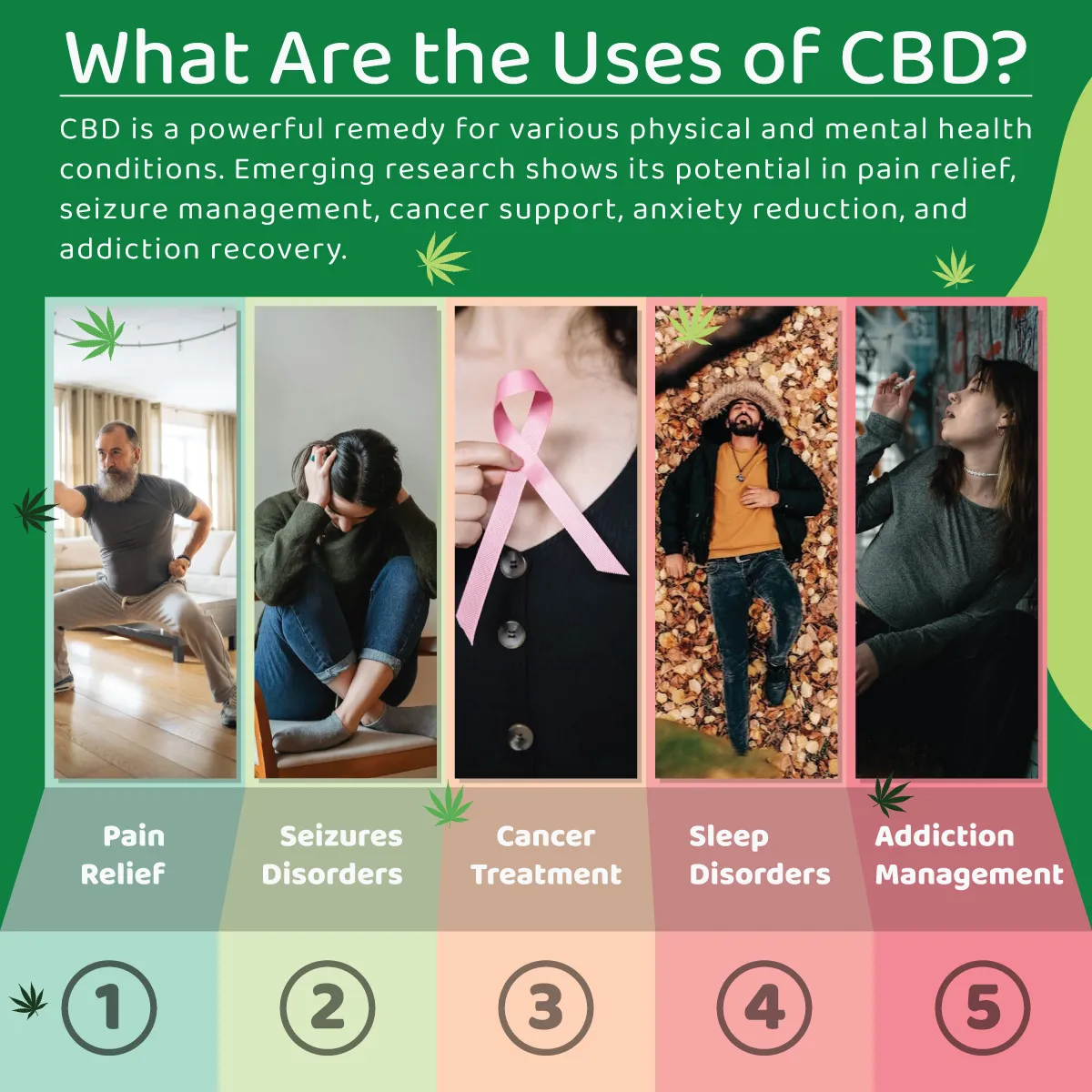
What is CBD used for?
- Pain Relief: A 2016 European Journal of Pain study found that applying CBD gel to arthritic rats for four days reduced inflammation and pain without side effects. While promising, more human studies are needed.
- Seizure Disorders: CBD has been effective in treating childhood epilepsy and seizure disorders.
- Cancer Treatment Support: Some research suggests CBD may have anticancer properties and help manage the side effects of cancer treatments.
- Anxiety and Sleep Disorders: CBD may help with anxiety and improve sleep quality by addressing chronic pain and stress.
- Addiction Management: Some studies indicate that CBD can help reduce cravings for substances like tobacco, heroin, alcohol, and opioids.
What are the Possible Side Effects and Risks?
While most people tolerate CBD well, some may experience mild side effects, including:
- Dry mouth
- Diarrhea
- Decreased appetite
- Drowsiness
- Fatigue
CBD may also interact with medications, including blood thinners. The risk of side effects depends on factors such as the product’s strength, purity, dosage, and method of consumption.
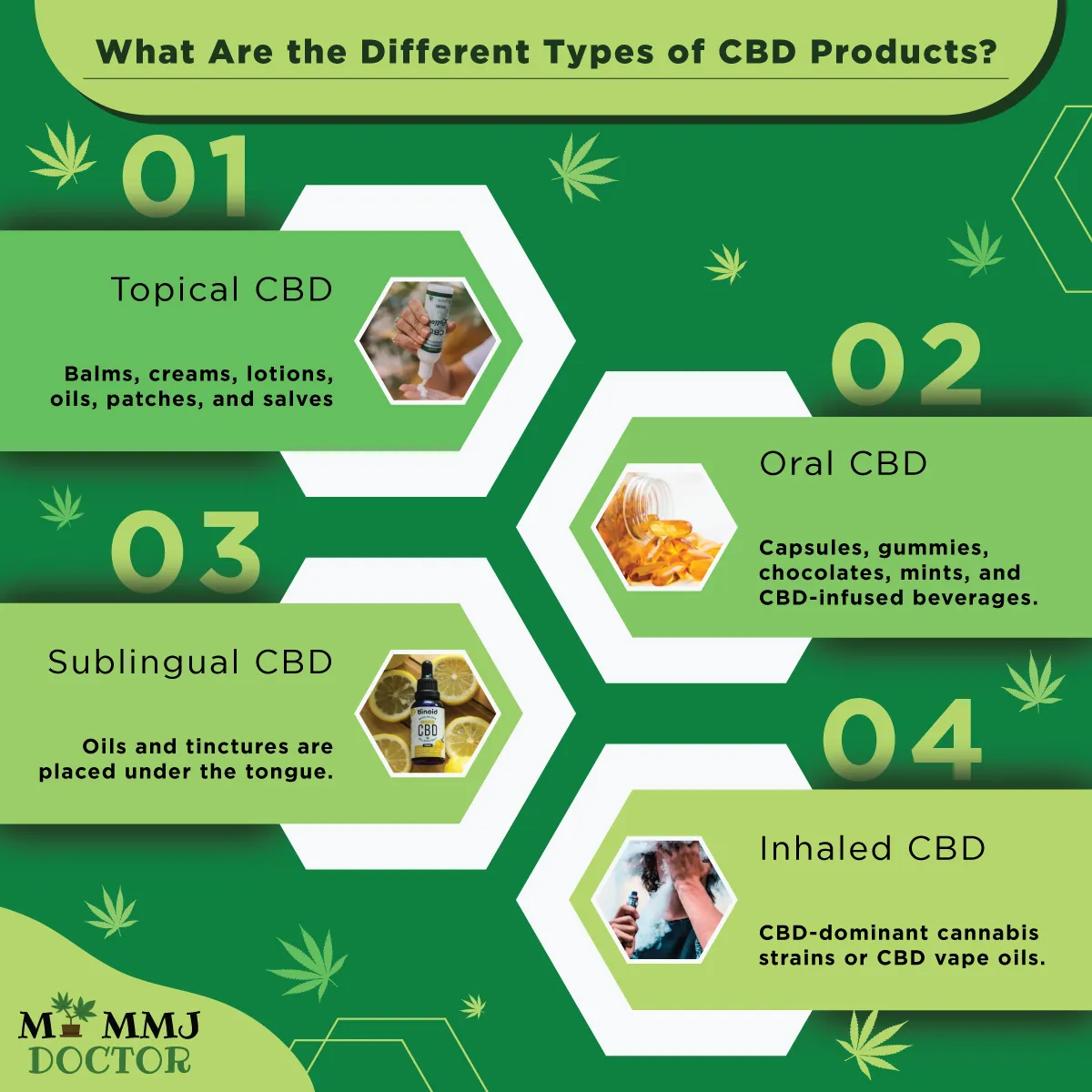
What are the Types of CBD Products?
CBD is available in various forms, allowing users to choose the most suitable method for their needs:
- Topical and Transdermal CBD
- Sublingual CBD
- Oils and tinctures are placed under the tongue.
- Quickly absorbed into the bloodstream via the oral mucosa.
- Oral CBD
- Capsules, gummies, chocolates, mints, and CBD-infused beverages.
- Effects take 1–2 hours to kick in but last longer than inhaled CBD.
- Inhaled CBD
- CBD-dominant cannabis strains or CBD vape oils.
- Provides the fastest effects but carries potential lung-related risks.
How Much CBD Should You Take?
The table below outlines CBD dosages from clinical studies examining its therapeutic effects on different medical conditions.
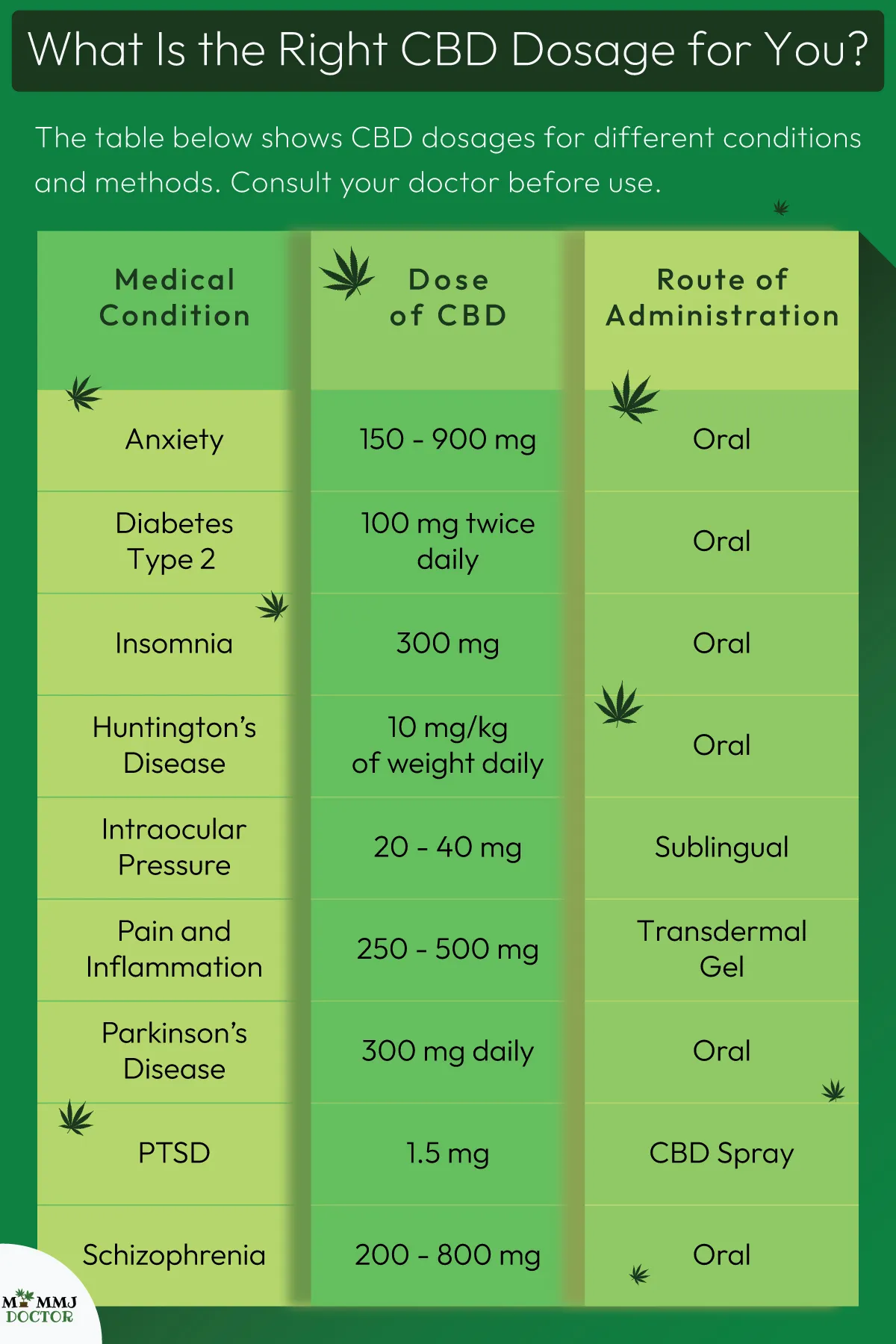
What are the key differences between CBD, Marijuana, Cannabis, and Hemp?
| Feature | CBD (Cannabidiol) | Marijuana | Cannabis | Hemp |
|---|---|---|---|---|
| Definition | A compound found in cannabis and hemp, known for therapeutic effects without intoxication. |
A type of cannabis high in THC, responsible for psychoactive effects. | A plant genus that includes marijuana and hemp. | A type of cannabis with low THC and high CBD, used for industrial and medicinal purposes. |
| THC Content | Less than 0.3% (if derived from hemp) | High (typically 10-30%) | Varies (depends on strain) | Less than 0.3% |
| Psychoactive Effects | No intoxicating effects | Produces a “high” due to THC | Some strains may be psychoactive | Non-psychoactive |
| Legal Status (U.S.) | Legal if derived from hemp (per 2018 Farm Bill) | Controlled substances in many states | Legal status varies by state and type | Federally legal (if THC is below 0.3%) |
| Common Uses | Pain relief, anxiety, sleep aid, skincare | Recreational use, medical treatments for pain, nausea, epilepsy | Medical and recreational use | Industrial uses (fabric, paper, biofuel), CBD extraction |
| Source | Extracted from hemp or marijuana | A type of cannabis plant | An umbrella term for both marijuana and hemp | A strain of cannabis with low THC |
Is CBD Legal?
Is CBD Safe?
How to Use CBD?
CBD can be taken in various forms, such as:
- Oils and Tinctures: For sublingual absorption
- Capsules and Edibles: For long-lasting effects
- Topicals: For localized pain relief
- Vapes and Smoking: For fast-acting effects (with potential risks)
How long does CBD stay in your system?
| Consumption Method | Half-life | Stays in the System | Drug Test Risk |
|---|---|---|---|
| CBD Sprays & Drops | 1.4 to 10.9 hours | 10 hours to 2 days | Low (if THC-free) |
| Chronic Oral Consumption (capsules, edibles, oils) |
2 to 5 days | 10 to 25 days | Moderate (depends on THC content) |
| Smoking or Vaping CBD | 31 hours | 1 week | Moderate (depends on THC content) |
Pure CBD (CBD isolate) will not show up on a drug test since tests screen for THC, not CBD. However, full-spectrum CBD contains trace amounts of THC, which may accumulate in your system and result in a positive test. To avoid this risk, choose CBD isolate or broad-spectrum CBD from reputable brands.
Does CBD show on drug tests?
CBD itself is not measured in drug tests. Instead, tests screen for tetrahydrocannabinol (THC), the compound in marijuana responsible for the high. However, some CBD oils may contain trace amounts of THC, even if labeled “THC-free,” which could lead to a positive test result.
How Can an MMJ Card Help You Get CBD?
While CBD is widely available, an MMJ card gives you access to higher-potency THC products that aren’t available to the general public. Consulting with an MMJ doctor ensures you get expert guidance on the right dosage and product for your needs. Here’s how you can start:
- Consult with an MMJ Doctor – Schedule an appointment with a certified medical marijuana doctor to discuss your condition.
- Video Consultation – Speak with the doctor via video call for a hassle-free evaluation.
- Medical Assessment – The doctor will assess your health and determine if medical marijuana is a suitable option.
- Register with the State – If approved, complete the registration process with your state’s medical marijuana program.
- Get Your MMJ Card – Once registered, you’ll receive your MMJ card, granting you access to THC-rich products from licensed dispensaries.
An MMJ card not only helps you get legal access to high-quality cannabis but also ensures personalized treatment for your specific needs.
Conclusion
FAQs
- Does CBD help with anxiety?
Many users report that CBD helps reduce anxiety, and some studies suggest it may have calming effects. However, research is still ongoing, and results can vary from person to person. If you’re considering CBD for anxiety, consult a healthcare professional.
- Is hemp oil the same as CBD oil?
No, hemp oil and CBD oil are different. Hemp oil is extracted from hemp seeds and does not contain CBD, while CBD oil is derived from the hemp plant’s flowers, leaves, and stalks, which contain cannabinoids.
- Is CBD good for arthritis?
Some studies and anecdotal evidence suggest that CBD may help with arthritis symptoms like pain and stiffness. It has anti-inflammatory properties that could provide relief, but more research is needed to confirm its effectiveness.
- Is CBD good for inflammation?
CBD has been studied for its potential anti-inflammatory properties, and some users find it helpful in managing inflammation-related conditions. However, results can vary, and more research is needed to fully understand its benefits.
- Is CBD legal in Florida?
Yes, CBD is legal in Florida as long as it is derived from hemp and contains less than 0.3% THC. However, CBD laws can change, so it’s best to check state regulations for the most up-to-date information.
Related Articles
How to Get a Medical Marijuana Card in Maryland?
How Can You Obtain Your Medical Marijuana Card in Maryland in 2025?Are you a Maryland resident seeking a way to manage your symptoms naturally? You came to the right place. Maryland has a medical marijuana program that allows eligible...
Benefits You Are Missing Without a Michigan MMJ Card
Top Benefits of a Michigan Medical Marijuana CardIf you live in Michigan and already use cannabis, you likely know it’s easy to access. However, many people don’t realize that having a Michigan medical marijuana (MMJ) card offers additional...
What are the Michigan Medical Marijuana Laws?
What are the Michigan Medical Marijuana Laws?Medical marijuana has been legal in Michigan since 2008, helping thousands of residents manage chronic pain, anxiety, cancer symptoms, and more. But knowing what’s allowed - and what’s not - can...

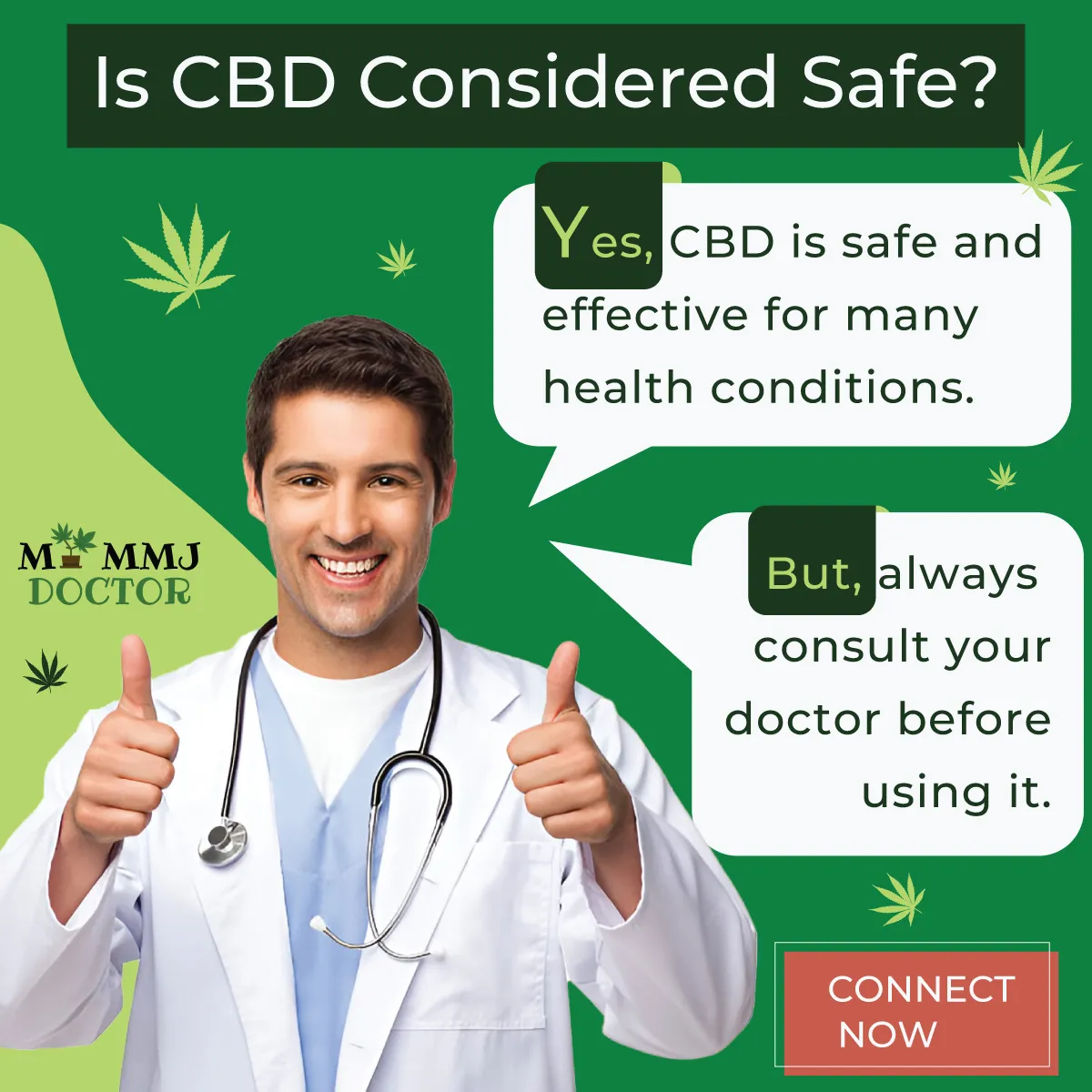
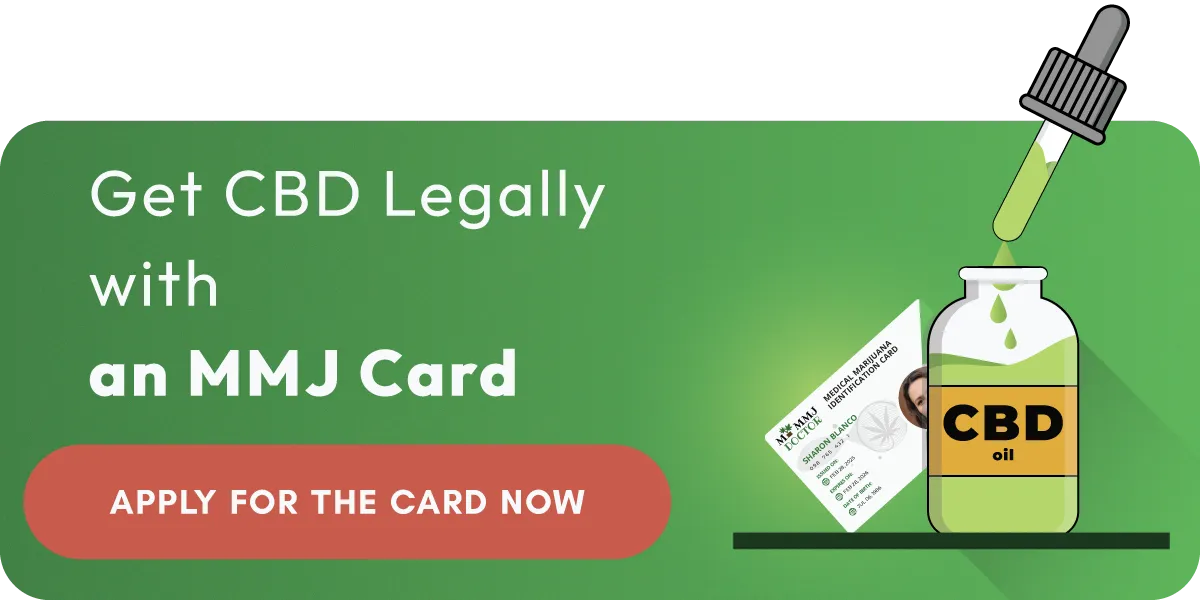

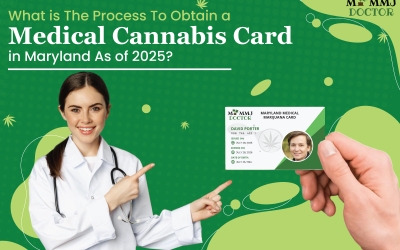
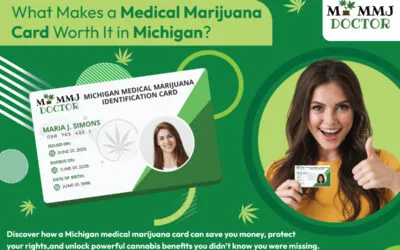
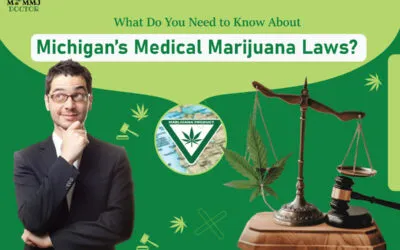
0 Comments